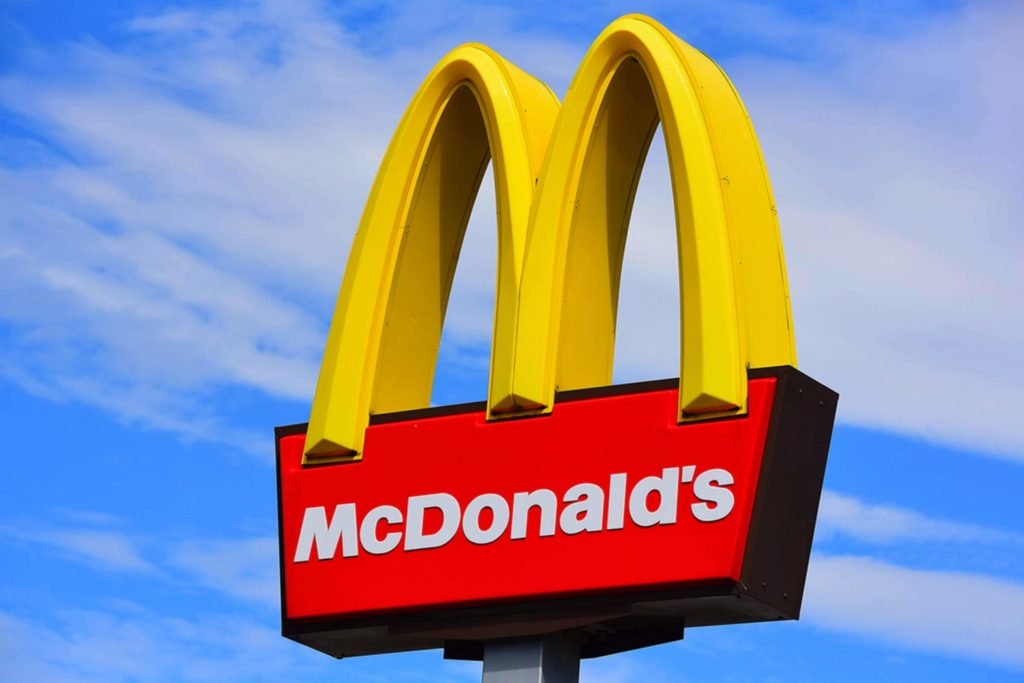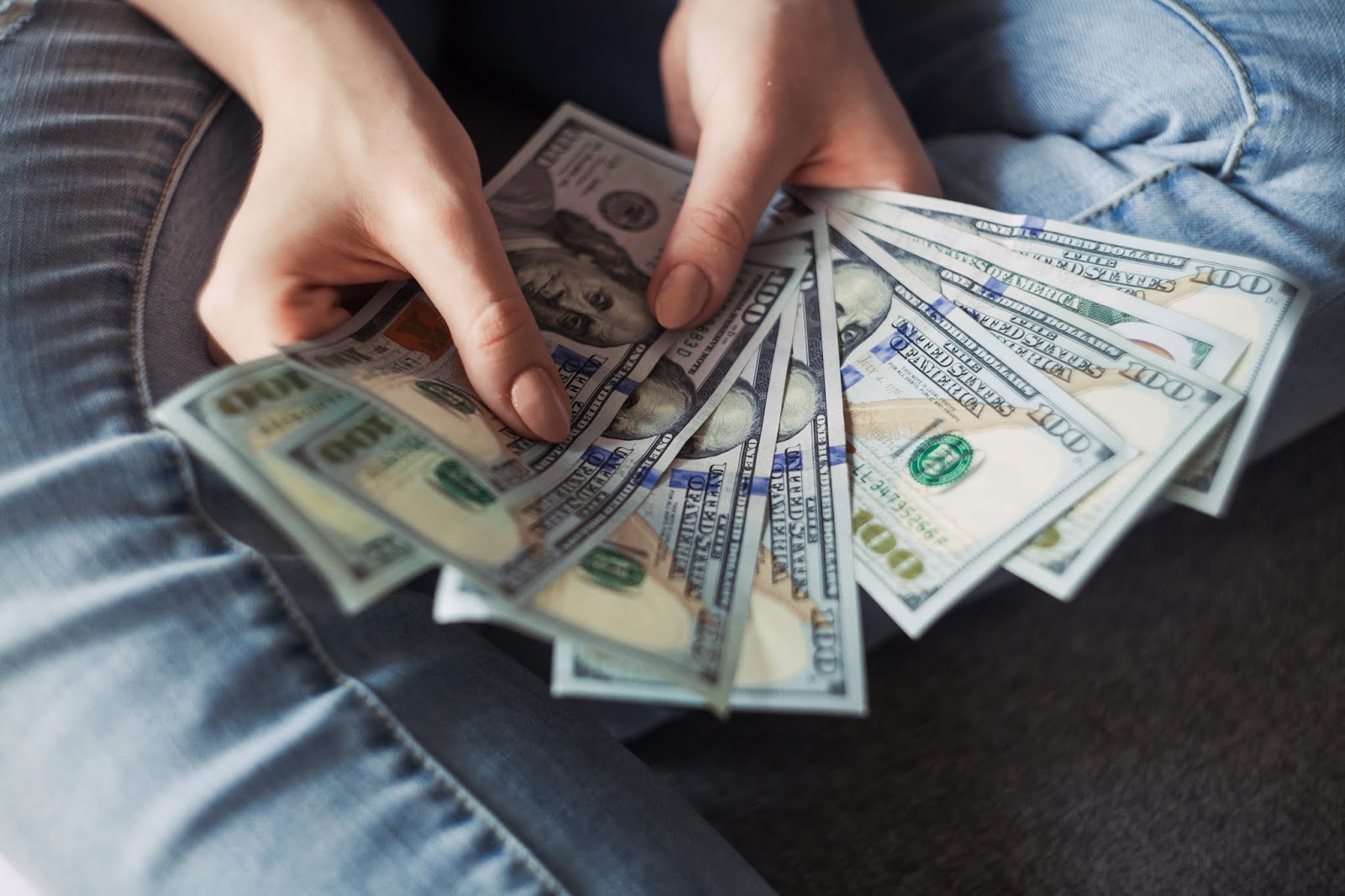Story about McDonald's, the coronavirus pandemic--and breakfast.
McDonald's Made a Menu Change Nobody Could Have Predicted a Year Ago. Every Smart Business Leader Should Pay Attention
What do you do when you run a restaurant and people aren't even allowed to come inside and eat? This is part of it.
This is a story about McDonald's, the coronavirus pandemic--and breakfast.
There's more to it, of course, because if you break down the big change that McDonald's announced this week, there's a smart, 7-point checklist for just about any business trying to weather the current storm.
Here's what McDonald's is doing, and why any business leader who wants to emerge on the other side of the coronavirus crisis with his or her business intact and growing should pay attention.
Maybe You'd Like a Little Big Mac Instead?
Quick context: It was nearly five years ago that McDonald's started serving breakfast all day, which was something its most loyal customers had wanted for a while.
McDonald's got some good press for that decision, but there were complications.
Rather than increasing the total number of people eating at McDonald's, The Wall Street Journal reported, some regular breakfast customers simply started coming in later.
Result: not only less morning traffic at McDonald's, but some afternoon customers were now buying cheaper breakfast items.
Regardless, that's all over. In a national webcast this week to McDonald's restaurant operators, according to Crain's Chicago Business, McDonald's announced it will phase out breakfast-all-day, at least temporarily.
Here's what to take away from that that decision for any business facing trying times:
1. Simplify your production
This is the most obvious rationale behind the decision: as Crain's put it, a chance to "streamline kitchen operations during the outbreak." Doing away with all-day breakfast means increased efficiency at the drive-thru, too, with many states banning sit-down means during the pandemic.
If you're thinking of ways to streamline your business, are there product offerings that take up more than their share of resources? Those might be the ones to target first.
2. Streamline distribution
Fewer choices should mean a faster customer experience, provided McDonald's is confident that it won't destroy its own sales in the process.
This should be a part of your thought process as well. Can you eliminate some customer decisions without further hurting sales as a result of the pandemic?
3. Maximize margins
As noted above, breakfast items are generally lower-priced than lunch and dinner options, and in many cases bring lower margins with them.
McDonald's could have decided to cut back on some lunch and dinner options. There's a reason why they chose breakfast instead.
4. Reinforce customer habits
This is a forward-thinking consideration. Someday, our current troubles will pass. By streamlining things, keeping as many restaurants open as possible, and retaining as many menu offerings available it can, McDonald's continues to enable its best customers' habits.
This is key for many businesses: The more you can keep serving your clients and customers, even if you have to reduce some of your offerings, the less opportunity you give competitors to intrude on their habits.
5. Get ahead of the competitive landscape adjustment
We're in a time when we'll see a lot of good from other people, and businesses might even reach out to help each other in selfless ways. But, the brutal truth is that some companies won't survive the current economic troubles.
Scaling back your goods and service offerings, and especially conserving resources when demand might be lighter, can position you to take advantage of the new landscape on the other side of the crisis.
6. Take the opportunity to readjust things that aren't working
Nobody ever says this outright, but I've wondered whether breakfast-all-day was a customer perk McDonald's wished it could take back. It was great marketing, but the analyses I've seen make me wonder if it made good sense in the long run.
If so, the coronavirus outbreak gives McDonald's the opportunity, if not the excuse, to pull back. Ask yourself: Are there things your company does for customers that you really wish you didn't have to? This might be an opportunity to reflect and even curtail them.
7. Control the timing
Finally, it's worth pointing out that while McDonald's announced this change to its operators, and at least one of them leaked the decision to Crain's, there's no suggestion I've seen that McDonald's planned to announce this change publicly.
For one thing, McDonald's restaurants will phase out all-day breakfast at different times, depending on what distribution centers they use.
Making decisions like this in your business can do something else important, too.
Right now, it seems like we're all reacting to the outside world. This might give you a chance to make decisions that control your environment, instead of it controlling you.







Comments
Post a Comment